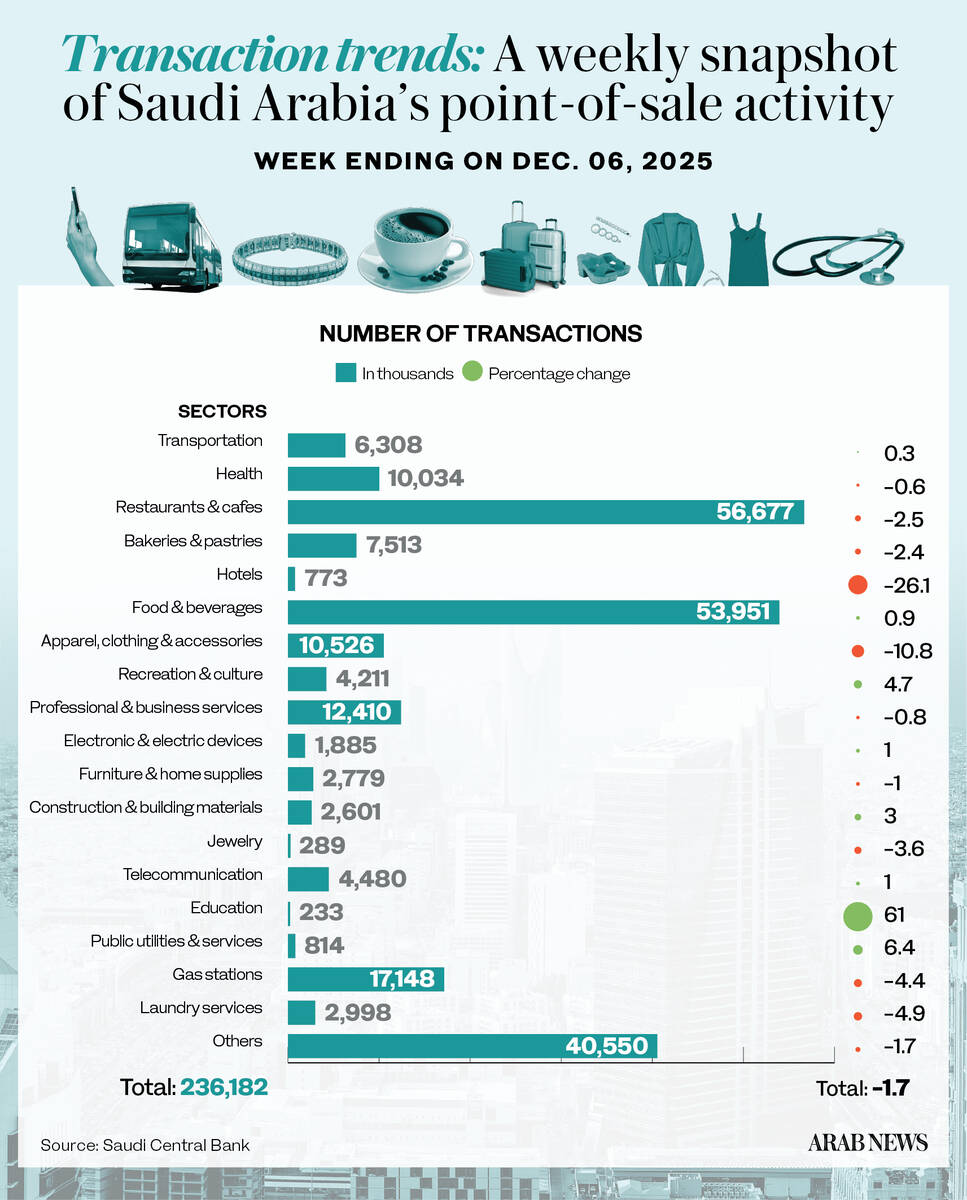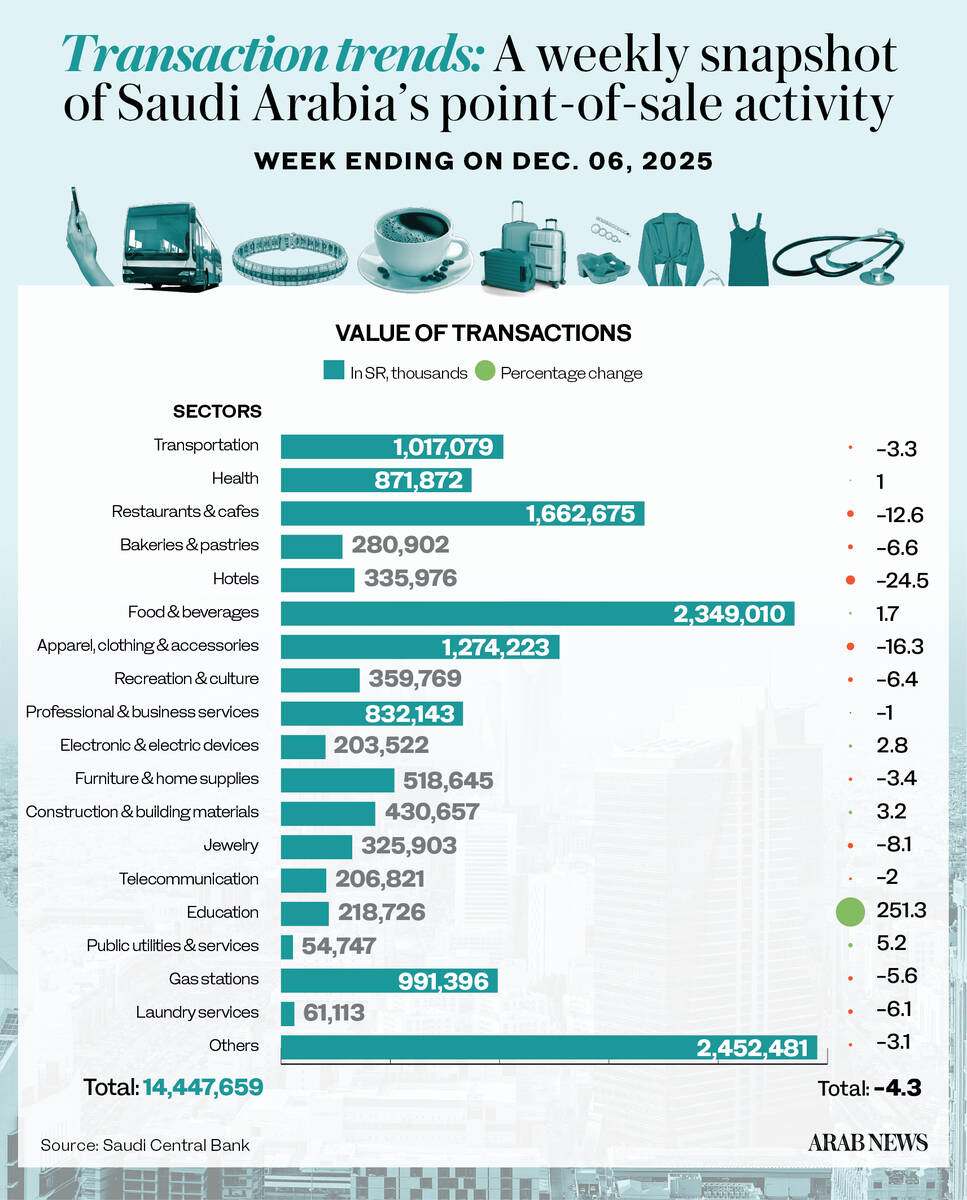TOKYO: Japanese air bag maker Takata Corp. has filed for bankruptcy protection in Tokyo and the US, overwhelmed by lawsuits and recall costs related to its production of defective air bag inflators that are linked to the death of at least 16 people.
The company announced the expected action Monday morning Tokyo time. Takata confirmed that most of its assets will be bought by rival Key Safety Systems, based in suburban Detroit, for about $1.6 billion (175 billion yen).
Takata’s inflators can explode with too much force when they fill up an air bag, spewing out shrapnel. Besides the fatalities, they’re also responsible for at least 180 injuries, and touched off the largest automotive recall in US history. So far 100 million inflators have been recalled worldwide including 69 million in the US, affecting 42 million vehicles.
Under the agreement with Key, remnants of Takata’s operations will continue to manufacture inflators to be used as replacement parts in recalls. The recalls, which are being handled by 19 affected automakers, will continue. Although Takata will use part of the sale proceeds to reimburse the automakers, experts say the companies still must fund a significant portion of the recalls themselves.
“It’s likely every automaker involved in this recall will have to subsidize the process because the value of Takata’s assets isn’t enough to cover the costs of this recall,” said Karl Brauer, executive publisher of Kelley Blue Book and Autotrader.
Takata and the automakers were slow to address the problem with the inflators despite reports of deaths and injuries. Eventually they were forced to recall tens of millions of vehicles. Because of the size of the recall, some car owners face lengthy waits for replacement parts, meanwhile operating their cars worried that the air bag could malfunction in a crash.
US lawmakers have criticized the pace of the recalls. At the end of April, only 22 percent of the 69 million recalled inflators in the US had been replaced, leaving almost 54 million on the roads, according to the National Highway Traffic Safety Administration website.
The defect in the inflators stems from use of the explosive chemical ammonium nitrate in the inflators to deploy air bags in a crash. The chemical can deteriorate when exposed to hot and humid air and burn too fast, blowing apart a metal canister.
At least $1 billion from the sale to Key is expected to be used to satisfy Takata’s settlement of criminal charges in the US for concealing problems with the inflators. Of that amount, $850 million goes to automakers to cover their costs of the recalls. Takata already has paid $125 million into a fund for victims and a $25 million fine to the US Justice Department.
Attorneys for those injured by the inflators worry that $125 million won’t be enough to fairly compensate victims, many of whom have serious facial injuries from metal shrapnel. One 26-year-old plaintiff will never be able to smile due to nerve damage, his attorney says.
The lead attorney for people suing the automakers said in a statement following the announcement that he doesn’t expect the bankruptcy to affect the pending claims against the companies. Settlement agreements with Toyota, Subaru, BMW and Mazda already have won preliminary court approval, Peter Prieto noted.
That settlement will speed the removal of faulty inflators from 15.8 million vehicles and compensate consumers for economic losses, he said. Claims are continuing against Honda, Ford, Nissan and Takata.
Fallout from the bankruptcy filing came swiftly from the Tokyo Stock Exchange, which said it was stripping the company founded in 1933 from trading as of Tuesday.
Key, a Chinese company with international operations, makes inflators, seat belts and crash sensors for the auto industry. It is owned by China’s Ningbo Joyson Electronic Corp. Its global headquarters and US technical center is in Sterling Heights, Michigan.
Key also said it won’t cut any Takata jobs or close any of Takata’s facilities.
The Takata corporate name may not live on after the bankruptcy. The company says on its website that its products have kept people safe, and it apologizes for problems caused by the faulty inflators. “We hope the day will come when the word ‘Takata’ becomes synonymous with ‘safety,’” the website says.
__
AP Business Writer Elaine Kurtenbach in Tokyo contributed to this report.
Takata files for bankruptcy, overwhelmed by air bag recalls
Takata files for bankruptcy, overwhelmed by air bag recalls

Education spending surges 251% as students return from autumn break: SAMA

RIYADH: Education spending in Saudi Arabia surged 251.3 percent in the week ending Dec. 6, reflecting the sharp uptick in purchases as students returned from the autumn break.
According to the latest data from the Saudi Central Bank, expenditure in the sector reached SR218.73 million ($58.2 million), with the number of transactions increasing by 61 percent to 233,000.
Despite this surge, overall point-of-sale spending fell 4.3 percent to SR14.45 billion, while the number of transactions dipped 1.7 percent to 236.18 million week on week.

The week saw mixed changes between the sectors. Spending on freight transport, postal and courier services saw the second-biggest uptick at 33.3 percent to SR60.93 million, followed by medical services, which saw an 8.1 percent increase to SR505.35 million.
Expenditure on apparel and clothing saw a decrease of 16.3 percent, followed by a 2 percent reduction in spending on telecommunication.
Jewelry outlays witnessed an 8.1 percent decline to reach SR325.90 million. Data revealed decreases across many other sectors, led by hotels, which saw the largest dip at 24.5 percent to reach SR335.98 million.
Spending on car rentals in the Kingdom fell by 12.6 percent, while airlines saw a 3.7 percent increase to SR46.28 million.
Expenditure on food and beverages saw a 1.7 percent increase to SR2.35 billion, claiming the largest share of the POS. Restaurants and cafes retained the second position despite a 12.6 percent dip to SR1.66 billion.
Saudi Arabia’s key urban centers mirrored the national decline. Riyadh, which accounted for the largest share of total POS spending, saw a 3.9 percent dip to SR4.89 billion, down from SR5.08 billion the previous week.
The number of transactions in the capital settled at 74.16 million, down 1.4 percent week on week.

In Jeddah, transaction values decreased by 5.9 percent to SR1.91 billion, while Dammam reported a 0.8 percent surge to SR713.71 million.
POS data, tracked weekly by SAMA, provides an indicator of consumer spending trends and the ongoing growth of digital payments in Saudi Arabia.
The data also highlights the expanding reach of POS infrastructure, extending beyond major retail hubs to smaller cities and service sectors, supporting broader digital inclusion initiatives.
The growth of digital payment technologies aligns with the Kingdom’s Vision 2030 objectives, promoting electronic transactions and contributing to the nation’s broader digital economy.











